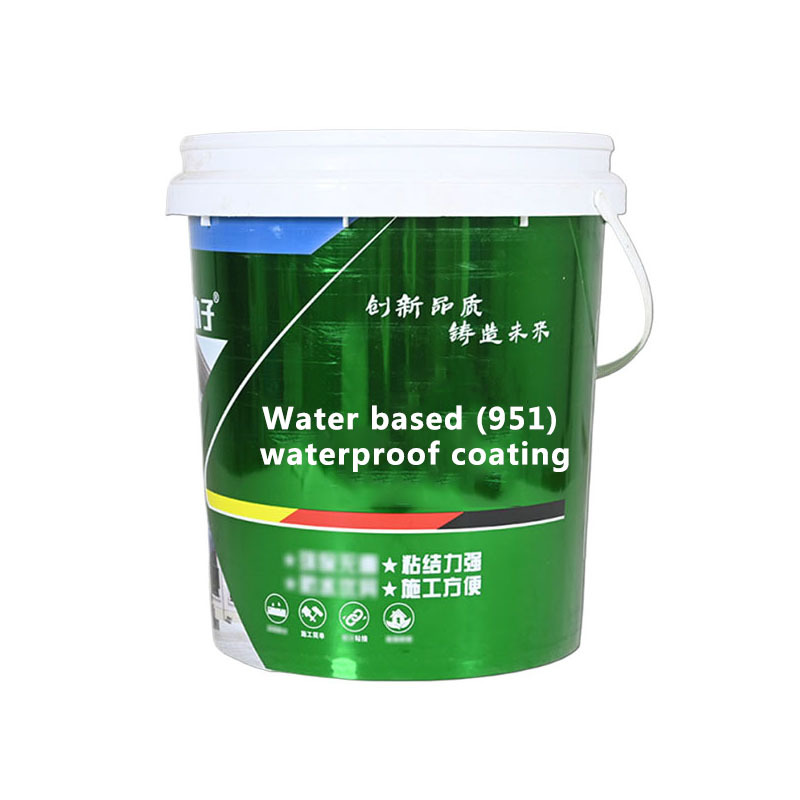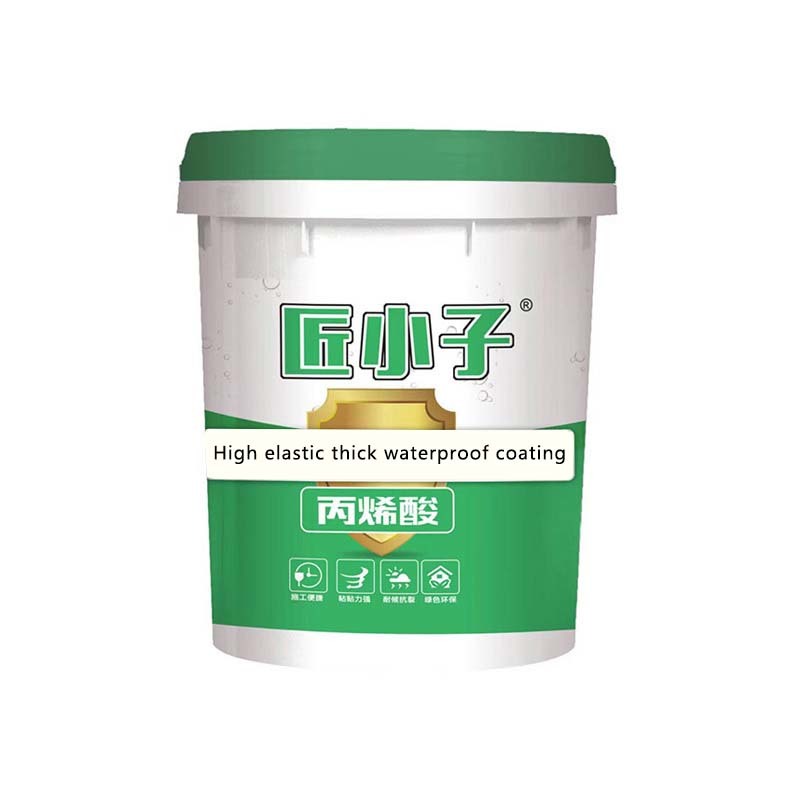
Bitumen
If you need customized products, Contact US !
Category
Tag list
- 产品描述
-
Product Overview
Petroleum asphalt is a product of crude oil processing. At room temperature, it appears as a black or dark brown viscous liquid, semi-solid, or solid. It mainly contains hydrocarbons and non-hydrocarbon derivatives that are soluble in trichloroethylene. Its properties and composition vary depending on the crude oil source and production method.
Application Scope
Petroleum asphalt is widely used as a basic construction material, raw material, and fuel. Applications include:
Transportation: Roads, railways, aviation
Construction
Agriculture
Water conservancy
Industrial sectors: Mining, manufacturing
Civil use
Product Features
Excellent Waterproof and Moisture-Resistant Properties:
Petroleum asphalt has extremely low permeability, effectively preventing water infiltration. It is widely used in waterproofing and moisture-proofing projects such as roofs, basements, and water tanks. When asphalt sheets are laid on building roofs, they prevent rainwater from penetrating the building structure.Strong Corrosion Resistance:
With high chemical stability, petroleum asphalt can resist the erosion of corrosive substances such as acids, alkalis, and salts. It forms a protective film on metal surfaces to isolate them from the external environment, thereby extending the service life of metal facilities. It is commonly used for corrosion protection of underground pipelines and bridge foundations.Strong Adhesion:
Petroleum asphalt adheres well to a variety of materials, such as aggregates, bricks, and wood, forming stable composite structures that enhance overall stability and durability. In road construction, asphalt bonds tightly with aggregates, improving the load-bearing capacity of the pavement.Good Temperature Adaptability:
Petroleum asphalt maintains a certain hardness and strength at high temperatures, reducing issues like pavement softening and rutting. At low temperatures, it exhibits some flexibility to prevent cracking caused by sudden temperature drops.Convenient Construction:
Petroleum asphalt has good plasticity and fluidity and can be made into different shapes and sizes as needed. It supports various construction methods, such as hot-melt and cold-adhesion techniques, allowing for efficient construction that shortens project duration and lowers costs.Relatively Low Cost:
As a by-product of petroleum refining, petroleum asphalt is widely available and produced in large quantities, making it relatively inexpensive. Its performance meets the requirements of various engineering applications, effectively controlling costs in large-scale road construction and building waterproofing projects.Good Insulating Properties:
Asphalt sheets have a certain degree of electrical insulation and can be used for insulating and protecting electrical equipment, as well as moisture- and corrosion-proofing cables. This reduces the risk of electrical equipment failure due to moisture or corrosion.Storage & Transportation
Asphalt may need to be stored in insulated tanks during production and use. When handled properly, it can be reheated multiple times without major performance loss. However, exposure to oxygen, light, and overheating can cause asphalt to harden—marked by increased softening point, reduced penetration, and decreased ductility.
Melting Asphalt Blocks
I. Preparation
Before melting asphalt blocks:
Ensure a safe working environment away from flammable materials.
Prepare tools: heater, container, thermometer, etc.
Depending on project needs, prepare auxiliary materials like asphalt emulsion or gasoline.
II. Melting Methods
Direct Heating Method
Most common method. Place asphalt blocks in a container and use a gas or electric heater to melt. Monitor the temperature closely to avoid overheating. Heat until fully melted.High-Temperature Water Bath
Suitable for large-scale melting. Place blocks in a container and immerse in a hot water bath. Multiple blocks can be processed simultaneously, improving efficiency.Adding Asphalt Emulsion
Asphalt emulsion is liquid at room temperature and can be used directly or diluted. Mix it with asphalt blocks and stir to blend. Ideal for rapid construction needs.Adding Gasoline
Based on the "like dissolves like" principle. Add gasoline to asphalt blocks and stir. Heat gently; the gasoline will evaporate and help melt the asphalt.III. Precautions
Temperature Control:
During the heating process, it is essential to strictly control the temperature to avoid overheating, which can cause the asphalt blocks to catch fire. The optimal melting temperature for asphalt is between 135°C and 160°C, based on the heating requirements for common road-grade asphalt. For specialized projects such as highways and airport runways, the melting temperature may be higher. The melting temperature must be precisely controlled according to the specific application. For standard road construction, medium-grade asphalt is typically heated within the 135°C–160°C range, where it achieves optimal flowability without performance degradation due to overheating.Safety Protection:
When melting asphalt blocks, proper protective gear such as gloves and goggles must be worn to prevent accidental injury.Environmental Awareness:
Environmental protection should be taken into consideration during the melting process to avoid pollution.Construction Requirements:
Once melted, the asphalt must be used immediately for construction to prevent performance deterioration caused by prolonged standing.
ABOUT US

CT Waterproof Coatings is a dynamic exporter focusing on supplying waterproof coatings worldwide. We provide solutions to various projects including residential construction, commercial & industrial buildings, infrastructure projects, marine & coastal projects, agricultural projects, roads & highways and storage & warehousing. Established in 2010, we have built a reputation for delivering exceptional value, reliability and unparalleled customer service.
SHIPPING SCENE
FAQ
Are you trading company or manufacturer?
We are manufacturer.So we have a lower price than trading company.
What is the payment way?
TT, L/C at sight, West Union,Online Bank Payment.
What are your terms of delivery?
We can accept EXW, FOB, ClF, etc. You can choose one which is the most convenient for you.
Do you accept OEM or ODM order?
Yes, we accept both OEM and ODM for customers.
How does your factory do regarding quality control?
Quality is priority,. We always attach great importance to quality control from the very beginning to the end. We have a professional QA/QC team to ensure the quality.
How about the delivery time ?
7-15 days after receive the deposit or LC at sight
Do you provide sample ?ls it free or extra ?
Yes,we can provide free sample for quality inspection.According to our company police , you should assume the freight ,and we will return the freight if you place the order.
Why choose us ?
We are professional manufacturer, and we can provide the best product ,competitive priceand excellent service.
Bitumen
If you need customized products, Contact US !
Category
Tag list
Request a Quote
We will contact you within one working day. Please pay attention to your email.















